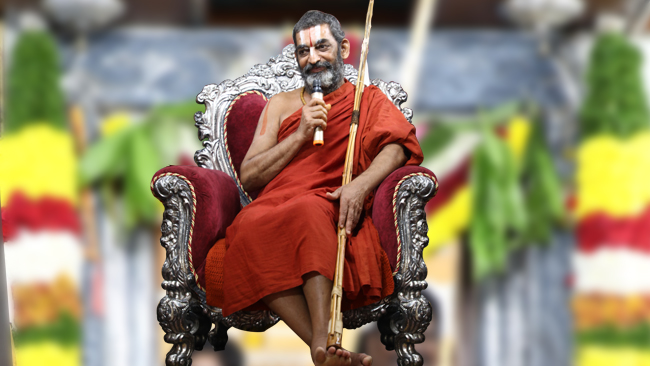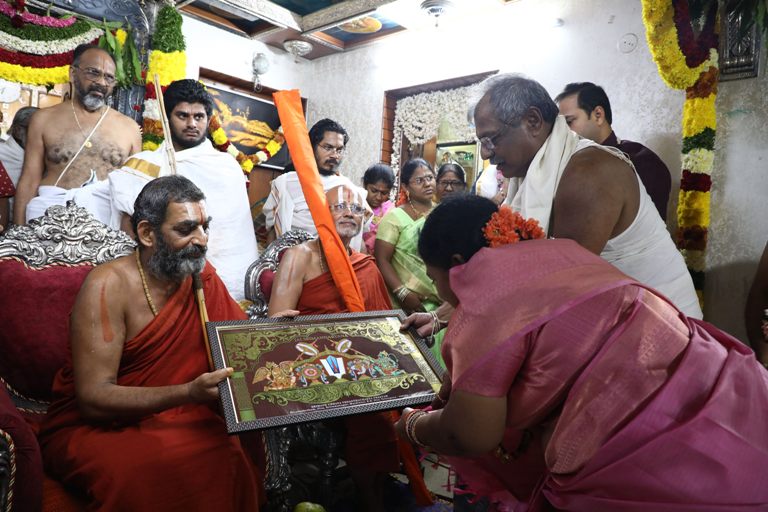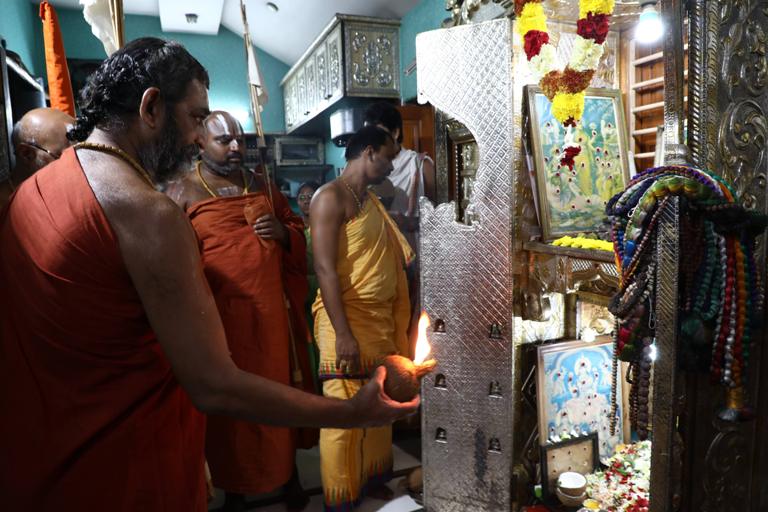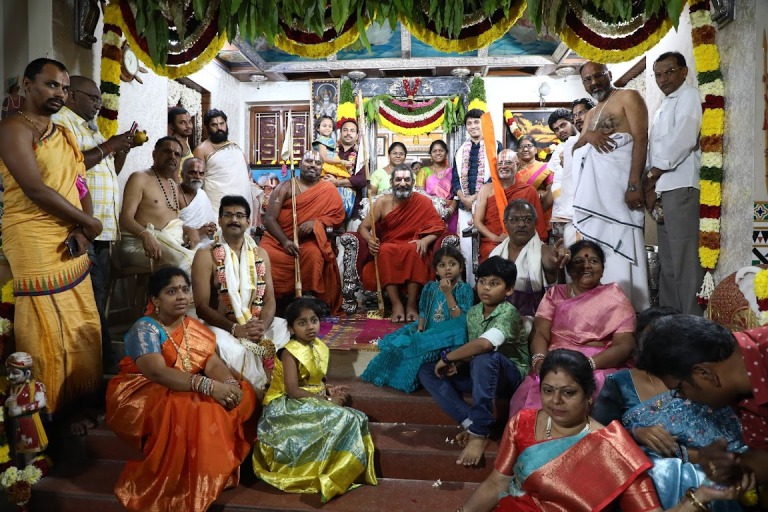What did dharma sastra recommend on money management?
Srimad Ramayana suggested 1/6th rule with regards to income. Sages questioned Sri Rama that they were paying 1/6th part of their thapas sakthi, to the kingdom. They added, “despite paying their due, they were having to stop their work in order to put an end to the atrocities of rakshasas”. Rama assured them that they will no longer need to worry about that because He had come down to the forests to take care of the same.
How should one plan their income in 6 parts?

The ‘income’ that sages earned was in the format of thapas sakthi. They submitted 1/6th of that to the king as ‘tax’. One may be earning income in the format of money. The same 1/6th rule applies to income in any format.
Allocate monthly income in equal portions towards:
- the growth of business or to enhance your potential to earn
- provide for your dependents
- provide for your parents
- contribute to the needs in the society
- pay tax to governing authority
- being grateful to God, the supporter, in whatever manner you can
Beyond managing money…

Money management is only one of the aspects in life. One-sixth part of money earned must be spent and dedicated to bringing up your children. However, there is something greater that must be passed onto your children…
samprada:ya
da:ya is that which one receives rightfully
prada:ya is that which one receives rightfully without any deduction
samprada:ya is that which one receives rightfully without any deduction or distortion
HH Chinna Jeeyar Swamiji about Samprada:ya
Samprada:ya includes all the practices that one’s parents/ancestors must pass onto their younger ones. It could be what you wear, how you wear, what you say, what you don’t say, how you behave, how you speak, the way to conduct with family, relatives, what you eat and what you don’t, the practices of worship and more… It represents who you are. Don’t distort it, don’t cut down anything from it.
Spend one-sixth of your earned income on your children. Additionally and more importantly, don’t become someone who breaks that chain of passing samprada:ya to your younger generation… Give it to them fully, not just 1/6th or any less or any different!

– From the discourse of HH Chinna Jeeyar Swamiji
– Guntur, Grandhi Kantha Raoji’s home
– Head of Crane Group of Industries
HH Chinna Jeeyar Swamiji appreciated how Sriman Grandhi Kantha Rao ji, s/o late Sriman Grandhi Subba Rao ji has been carrying the legacy of his father, enriching it further and passing onto his children and the entire family. Swamiji mentioned how he respects and practices all the samprada:ya that has come to him through his father and encourages his family to practice the same.






జై శ్రీమన్నారాయణ 🙏 అడియెన్ రామానుజ దాసిని 🙏 అస్మత్ గురుభ్యోనమః 🙏
Jai Srimannarayana 🙏